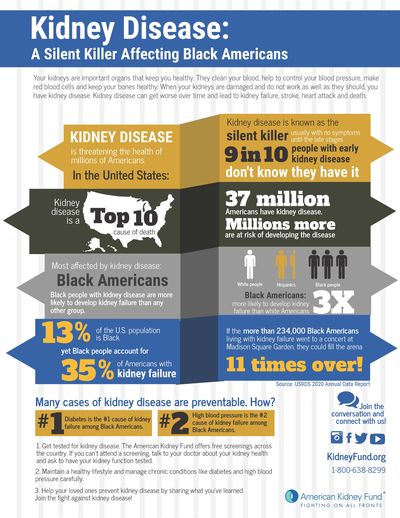Kidney disease is a serious health issue that affects millions of people worldwide. Among those disproportionately affected by this condition are African Americans, who are at higher risk of developing kidney disease compared to other racial and ethnic groups. There are several factors that contribute to the increased risk of kidney disease among African Americans, including genetic predisposition, high rates of diabetes and hypertension, and socioeconomic disparities.
One key factor that contributes to the higher risk of kidney disease among African Americans is genetic predisposition. Research has shown that African Americans are more likely to carry genetic variations that increase their susceptibility to kidney disease. For example, African Americans are more likely to have gene variations that are associated with hypertension and other risk factors for kidney disease. These genetic factors can increase the likelihood of developing kidney disease in this population.
In addition to genetic predisposition, African Americans are more likely to develop kidney disease due to the high rates of diabetes and hypertension within this population. Diabetes and hypertension are two major risk factors for kidney disease, and African Americans have higher rates of both of these conditions compared to other racial and ethnic groups. This increased prevalence of diabetes and hypertension among African Americans contributes to their higher risk of developing kidney disease.
Socioeconomic factors also play a significant role in the increased risk of kidney disease among African Americans. African Americans are more likely to experience socioeconomic disparities such as poverty, lack of access to health care and limited resources for managing chronic conditions like diabetes and hypertension. These socioeconomic factors can make it more difficult to receive timely and appropriate treatment for kidney disease, leading to poorer outcomes and higher rates of kidney disease within this population.
Furthermore, disparities in health care access and quality can contribute to the higher risk of kidney disease among African Americans. Studies have shown African Americans are less likely to receive early detection and treatment for kidney disease compared to other groups. This lack of access to quality health care can result in delayed diagnosis and treatment, leading to more advanced stages of the disease and poorer outcomes for African Americans.
It is important to recognize and address the factors that contribute to the higher risk of kidney disease among African Americans. Efforts to raise awareness about the importance of kidney health, promote regular screening for diabetes and hypertension, and improve access to quality healthcare are essential in addressing this health disparity. By addressing these factors, we can help reduce the burden of kidney disease among African Americans and improve health outcomes within this population.
In conclusion, African Americans are at higher risk of kidney disease due to a combination of genetic predisposition, high rates of diabetes and hypertension, socioeconomic disparities, and disparities in healthcare access and quality. It is crucial to address these factors through targeted interventions and policies that promote early detection and treatment of kidney disease, improve access to quality healthcare, and reduce socioeconomic disparities within this population. By addressing these factors, we can help reduce the burden of kidney disease among African Americans and improve health outcomes for all.
